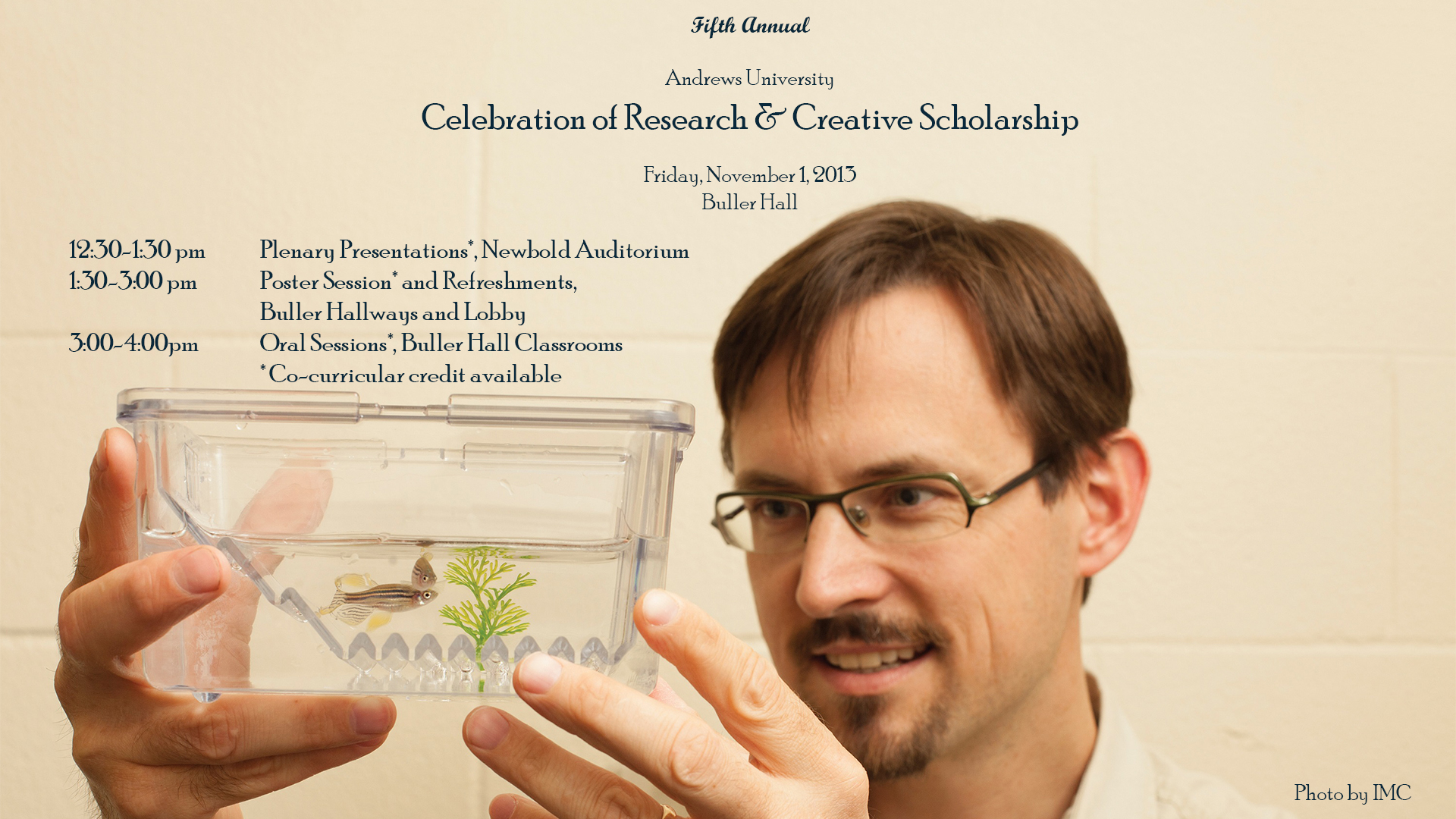A-2 Internalization of Distinctive Religious Practices is Associated with Increased Well-Being
Presenter Status
Department of Behavioral Sciences
Location
Buller Room 108
Start Date
1-11-2013 3:15 PM
End Date
1-11-2013 3:30 PM
Presentation Abstract
The relationship between well-being and religion is complex. For some religious individuals, well being is higher on average than among non-religious individuals; for others, it is much lower. What makes the difference? Internalization of religious beliefs and practices appears to predict the direction of the relationship. The current study replicates the finding that internalization is related to well-being in Seventh-day Adventist young adults and extends it to a distinctive religious practice, Sabbath keeping. Internalization of Sabbath keeping was measured by a new instrument developed using Self-Determination Theory. An exploratory factor analysis of responses from 347 Seventh-day Adventist young adults from the same community supported three internalization factors underlying Sabbath keeping experiences, each of which was moderately associated with higher subjective well-being. Moreover, a more general measure of internalization of religion only weakly mediated the relationship between internalization of Sabbath keeping and well-being, indicating a unique contribution of internalizing distinctive practices.
A-2 Internalization of Distinctive Religious Practices is Associated with Increased Well-Being
Buller Room 108
The relationship between well-being and religion is complex. For some religious individuals, well being is higher on average than among non-religious individuals; for others, it is much lower. What makes the difference? Internalization of religious beliefs and practices appears to predict the direction of the relationship. The current study replicates the finding that internalization is related to well-being in Seventh-day Adventist young adults and extends it to a distinctive religious practice, Sabbath keeping. Internalization of Sabbath keeping was measured by a new instrument developed using Self-Determination Theory. An exploratory factor analysis of responses from 347 Seventh-day Adventist young adults from the same community supported three internalization factors underlying Sabbath keeping experiences, each of which was moderately associated with higher subjective well-being. Moreover, a more general measure of internalization of religion only weakly mediated the relationship between internalization of Sabbath keeping and well-being, indicating a unique contribution of internalizing distinctive practices.



